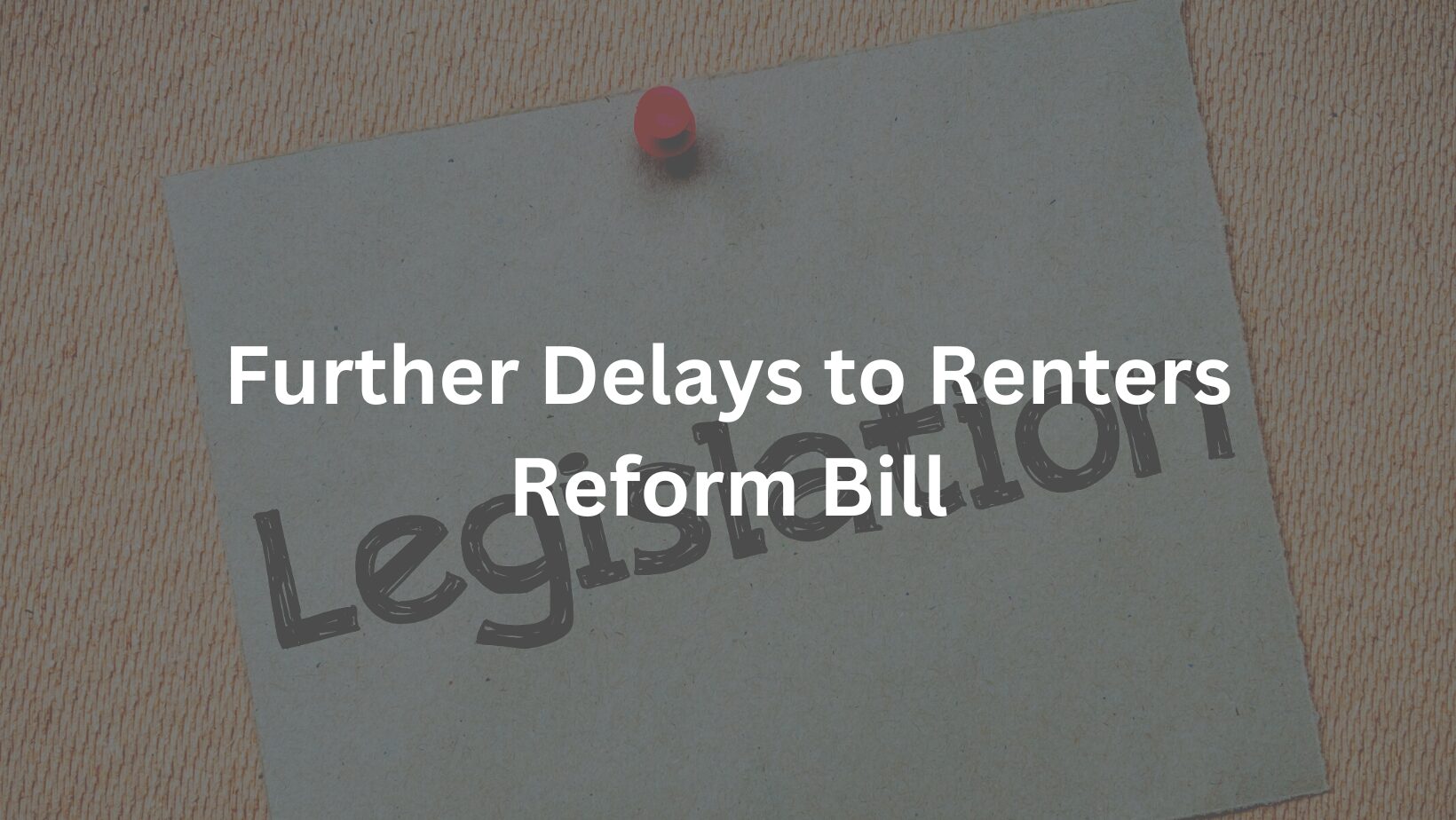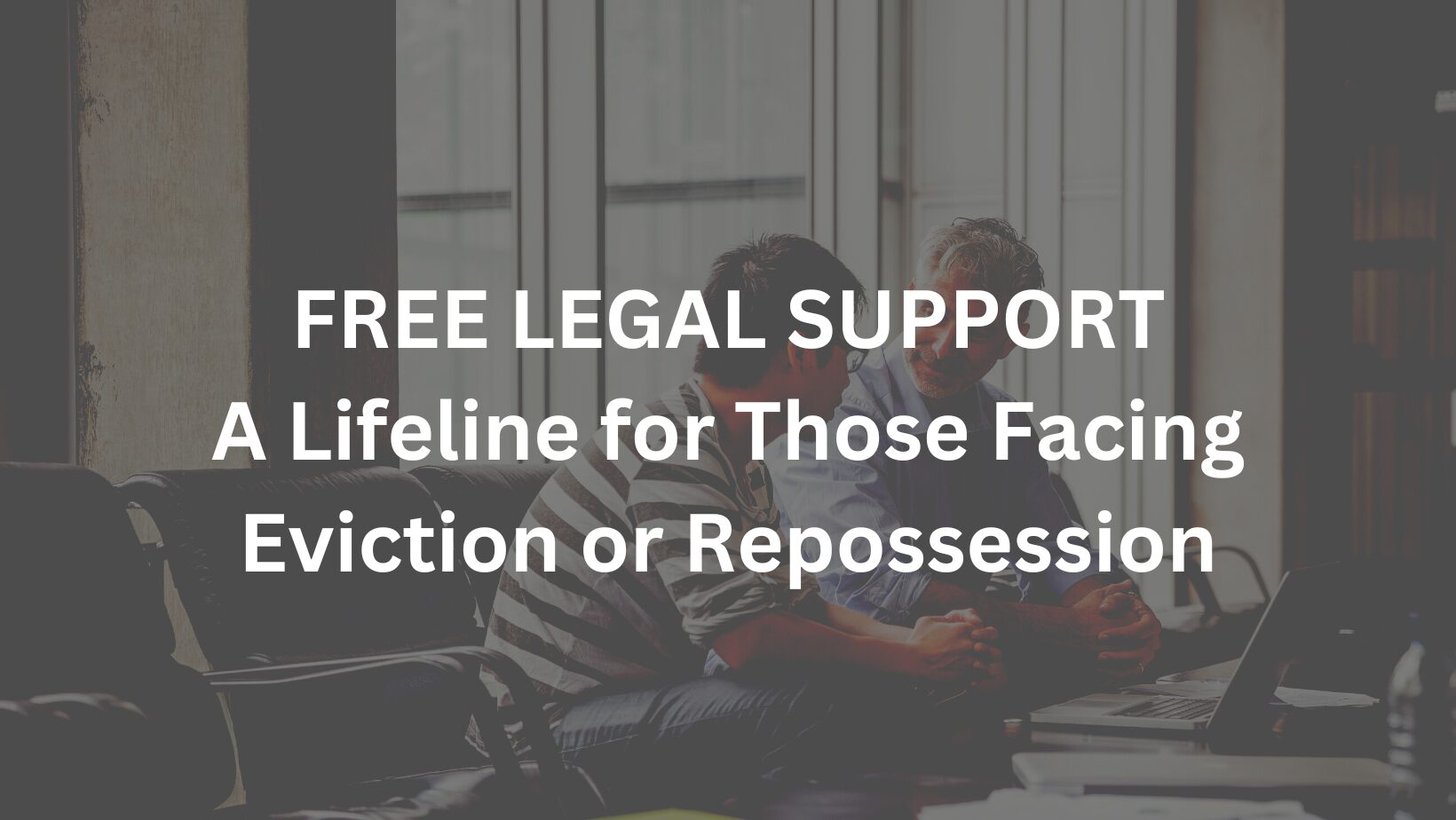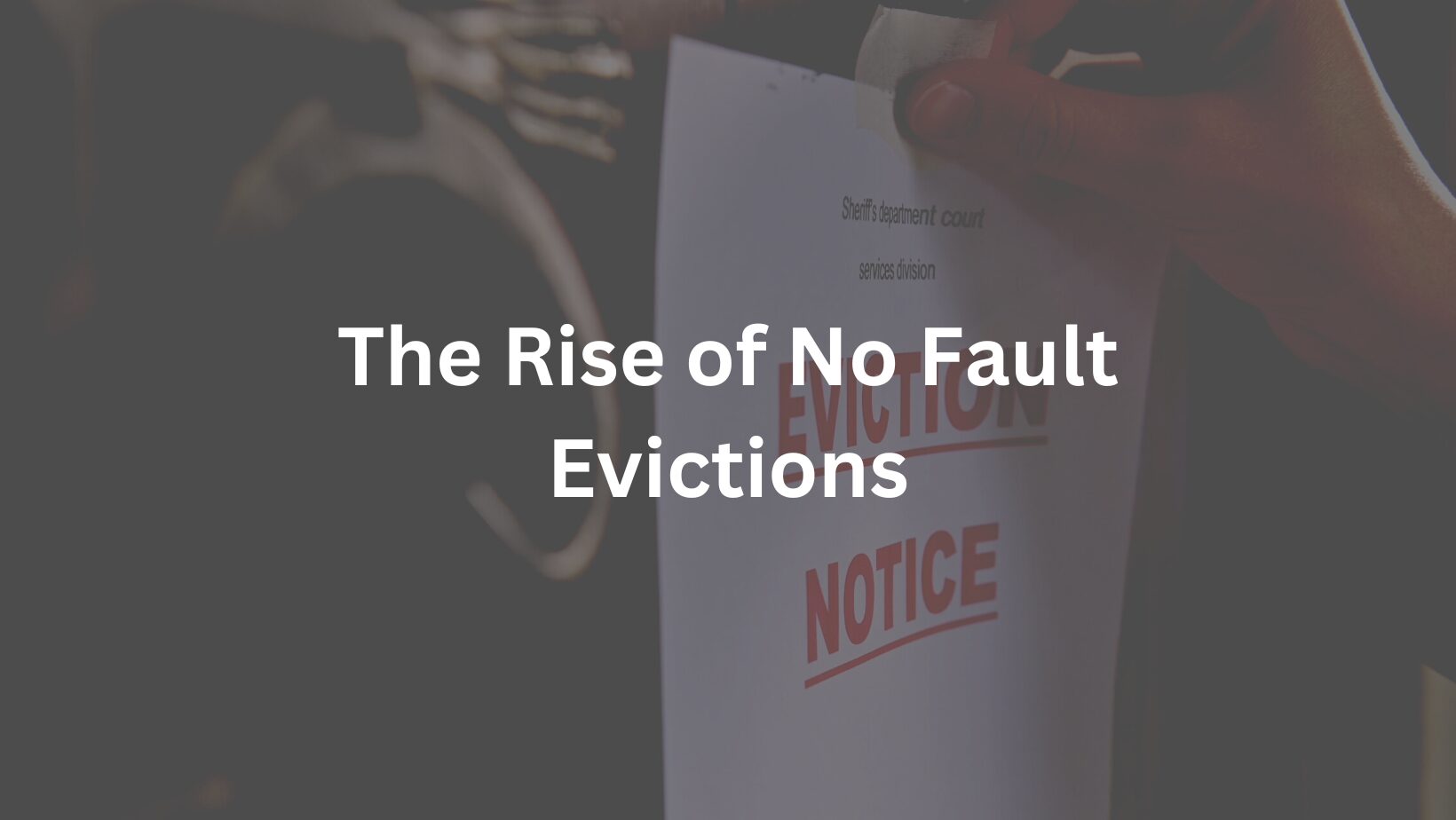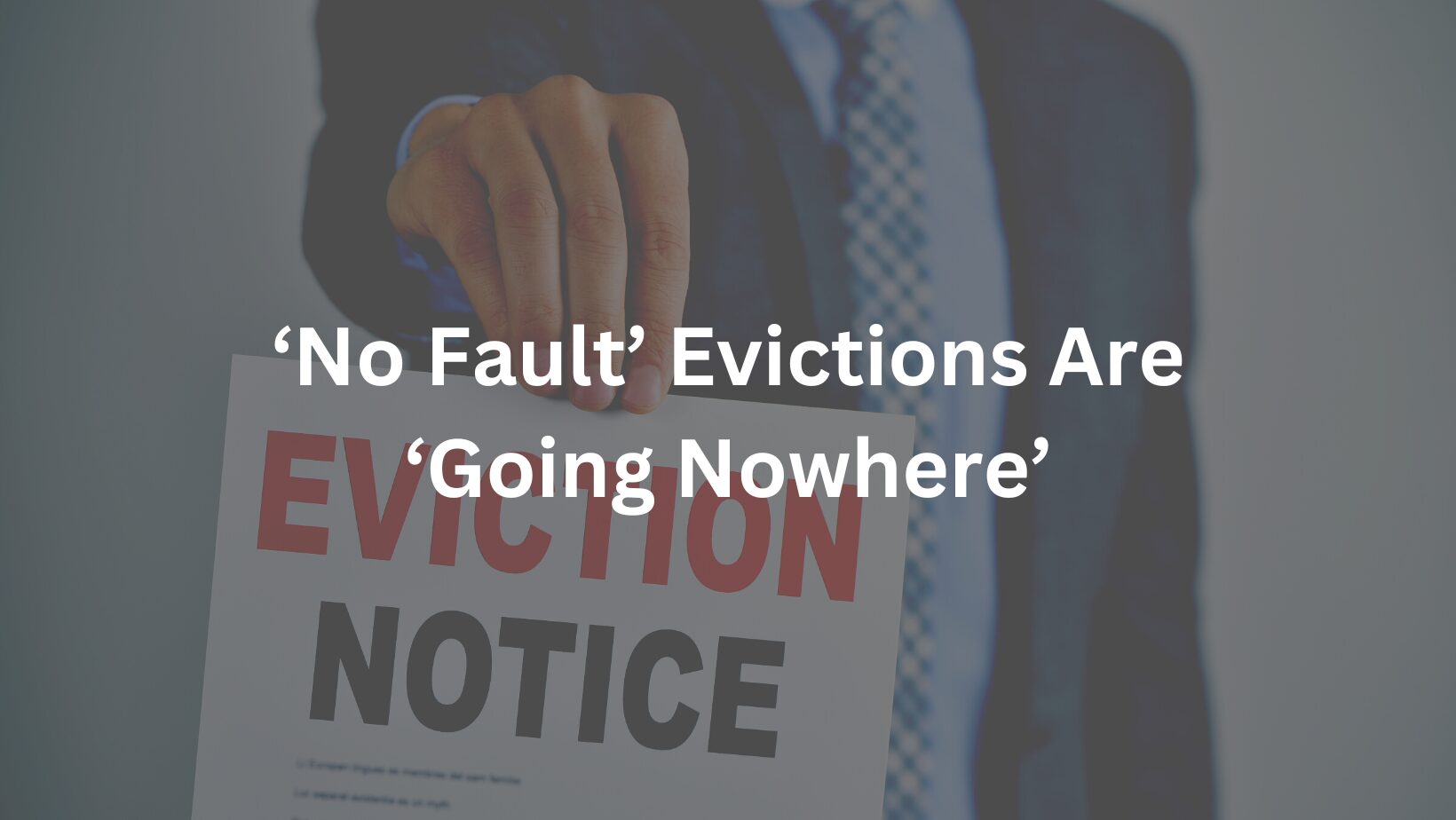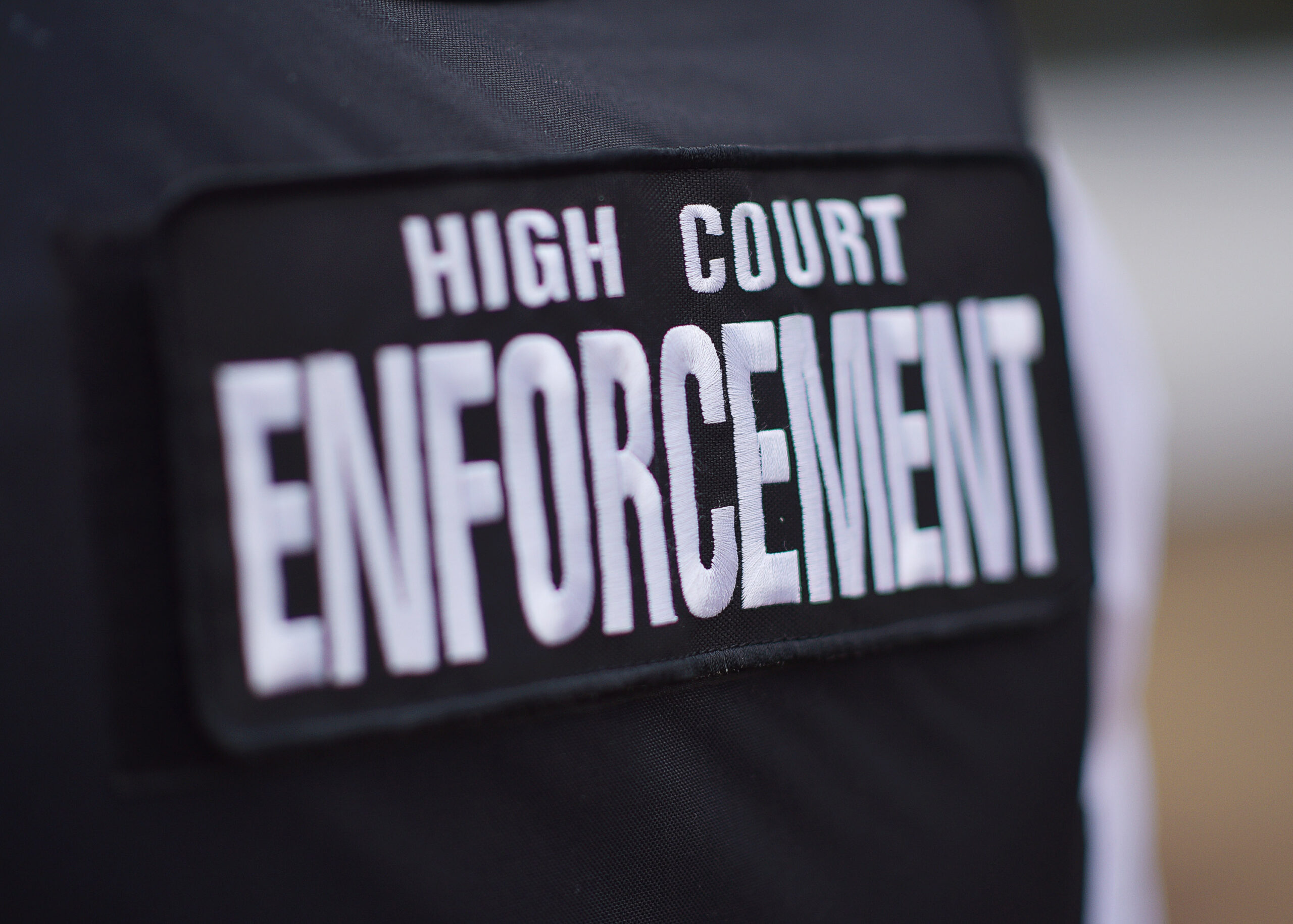A man who refers to himself as a "land pirate" is embroiled in a dispute with locals after moving onto a farm he claims was abandoned. Neil Parker, a former nurse in his 60s, has been confronted by a local farming family who claim they own the land. 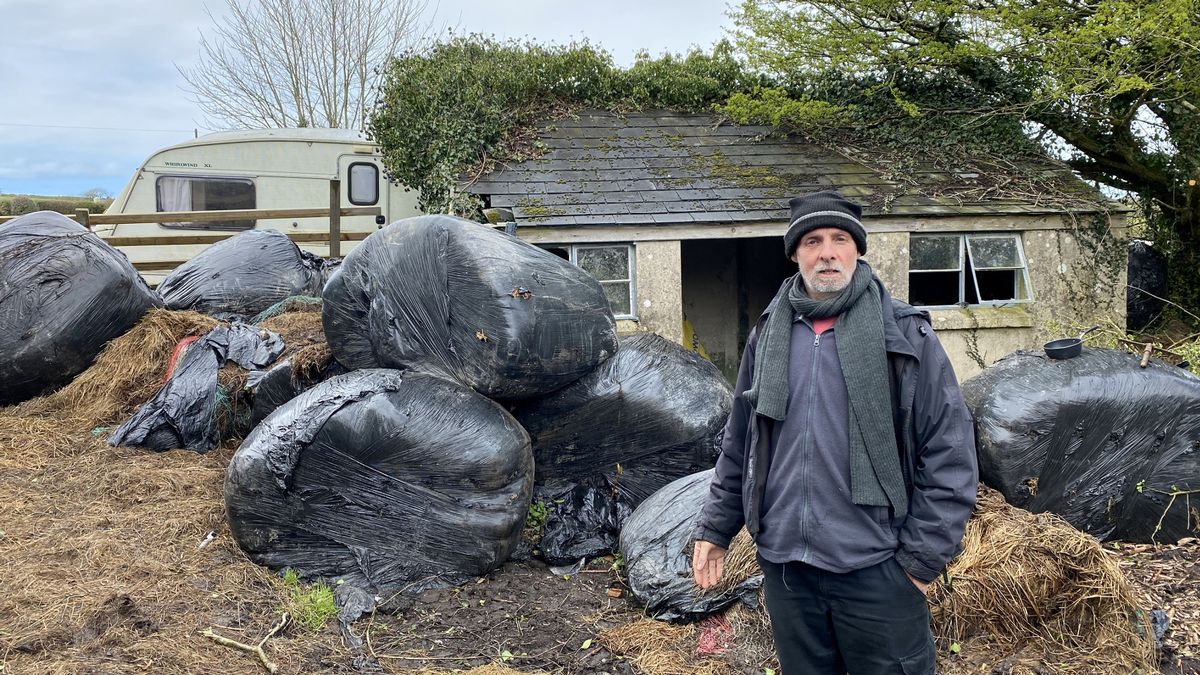
Photo: Cambrian News
They have reportedly blocked Parker's access to the property using bales of rotting silage. Parker has been building a database of derelict buildings with no legal owner, which he claims the public can legally reclaim. He says that if there is no proof of ownership, he does not intend to leave.
The family claiming ownership of the farm say they have a will from 1969 but have yet to register the land with the Land Registry. Parker believes his presence has sparked the family's interest in the land, and claims he has been subjected to intimidation from villages.
The eventual goal for Parker is to clear the area to plant trees. The Land Registration Act 2002 states that an unlisted site can fall into someone's possession after 12 years if they can demonstrate they are present and working on the land.
It is important to deal with squatters in a professional manner for several reasons.
Firstly Squatting is illegal in the UK and it is the responsibility of the authorities to enforce the law. Allowing squatters to remain in a property without taking any action can set a dangerous precedent and may lead to more squatters occupying other properties.
This can have a negative impact on the community as a whole, as it can lead to an increase in crime, anti-social behaviour, and property damage.
Secondly, dealing with squatters in a professional manner can help to protect the rights of property owners. Property owners have the right to use and enjoy their property without interference from others. Squatting can cause significant financial losses for property owners, as they may be forced to pay legal fees to evict squatters and repair any damage caused to their property.
Thirdly, dealing with with squatters in a professional manner can help to ensure that squatters are treated fairly and humanely. Squatters are often vulnerable individuals who may be homeless, living in poverty or suffering from mental health issues. Evicting squatters without providing them with support or alternative housing options can cause them significant harm.
Finally, dealing with squatters in a more professional manner can help to prevent violent confrontations between squatters and property owners. In some cases, squatters may resort to violence or intimidation to prevent property owners from evicting them. This can put the safety of both squatters and property owners at risk.
In summary, dealing with squatters in a more professional manner is important to uphold the law, protect the rights of property owners, ensure that squatters are treated fairly, and prevent violent confrontations.
If you have squatters on your property or know someone who does, get in touch with #TeamCES today and we will be able to assist you.
OUR UPDATES
Latest news & updates
I need help with...
Whatever help you require, get in touch with us!

